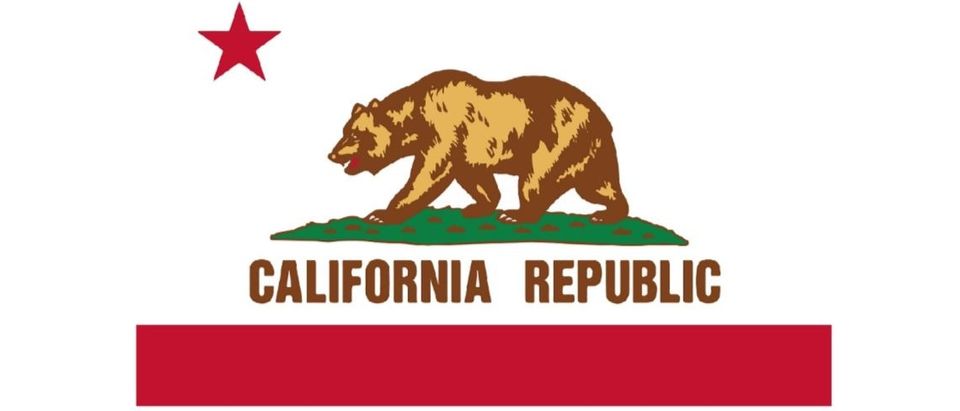America is a big country, with over 4 million miles of roadways. For a population that tops 327 million, it shouldn’t be a surprise that there are probably now well over 270 million registered vehicles.
It is important as a matter of national public policy the United States Environmental Protection Agency (EPA) and National Highway Transportation Safety Administration (NHTSA) are presently considering revisions to fuel economy standards. These revisions present EPA a significant opportunity to rescind California’s Clean Air Act waiver. For 45 years, this waiver has allowed California to set stricter regulations than the federal government and enabled the right to mandate the sale of electric vehicles.
On paper, electric vehicles (EVs) look great, but they are expensive, requiring a considerable income for purchase and maintenance. For example, 83 percent of EV rebate recipients had incomes over $100,000 in California, while the average income for a Tesla owner is a whopping $320,000. About 90 percent of the federal tax credits for EVs went to those in the top 1/5 of income brackets. To make the high costs of an EV more palatable, 45 states and the District of Columbia offer financial incentives for certain hybrid and/or electric vehicles, which can range from tax credits or rebates to fleet acquisition goals or exemptions from emissions testing.
Black and Hispanic neighborhoods are less likely to be recipients of such incentives. This kind of “green privilege” is only available to those who can provide upfront investments on EVs, which are financially out of reach for most Americans. Even more unfair,, 31 states faced budget shortfalls in 2017, with many cutting programs for the poor and middle class to balance budgets — all while tax subsidies to help the wealthy purchase EVs continue unabated.
Contrary to popular thought, EVs aren’t necessarily environmentally competitive. EV subsidies are far more than the savings of EVs to the social cost of carbon. The higher market price of California’s Zero Emissions Vehicle (ZEV) credits in 2018 make it nearly impossible for EVs to displace carbon cost effectively. At the current ZEV credit market values, an EV would have to be driven more than 1 million miles to displace enough carbon to equal the value of its ZEV credit subsidy. Plus, even if a battery-powered car doesn’t produce emissions, it is likely that the power plant making electricity to charge the car’s batteries does.
While state budgets are being squeezed, mass transit and road funds are being diverted to subsidize electric vehicle infrastructure. These are silly and dangerous decisions when American infrastructure is crumbling, and trillions of dollars of investment are needed to turn it around. For example, California, one of the leading states pushing EV incentives and expansion, earned a D+ in the 2017 Infrastructure Report Card. The state alone has 195,834 miles of public roads, with 50 percent in poor condition. Instead of spending $2.5 billion on charging stations, why doesn’t the state focus on deteriorating roads that get the rest of its residents to home and work?
In the end, people should not be pressured to buy EVs, particularly if choices are costly and environmentally unproven. All tax credits and EV subsidies should be means-tested so that less of the benefit goes to the rich, and so less-fortunate people (who are also less politically influential) can enjoy the other benefits of EV driving like carpool lanes and special parking spaces.
Continuing California’s waiver will mean expensive Electric Vehicle (EV) mandates that will send tax dollars in the wrong direction — to the rich, while programs for underrepresented populations are crushed by state budget deficits. The Trump administration should support more balanced competition across the energy sector to reduce air pollution and not favor one technology over another, especially one that benefits subsidies for the rich. The solution is simple: the EPA should revoke California’s 45-year old Clean Air waiver.
Ronald N. Langston is the former Subcabinet Senior Executive Service appointee in the U.S. Department of Commerce as the National Director of the Minority Business Development Agency in Washington D.C.
The views and opinions expressed in this commentary are those of the author and do not reflect the official position of The Daily Caller.


